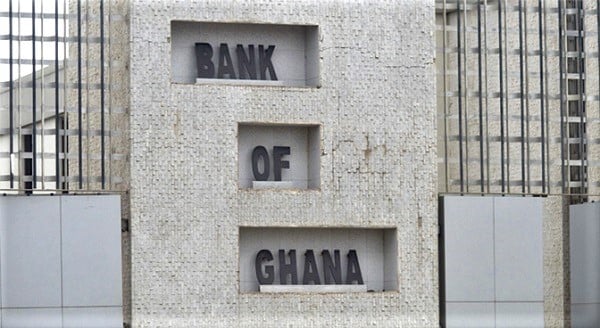Ghana’s economic revitalization efforts received a significant boost with the International Monetary Fund (IMF) disbursing $367 million to the Bank of Ghana. This disbursement represents the fifth tranche of the $3 billion Extended Credit Facility (ECF) program approved in May 2023, aimed at addressing Ghana’s pressing economic challenges, including high inflation, currency depreciation, and a substantial debt burden. The ECF program underscores a collaborative effort between Ghana and the IMF to implement crucial fiscal and structural reforms, fostering macroeconomic stability and sustainable growth.
The successful completion of the fourth review under the ECF program, culminating in this latest disbursement, signifies Ghana’s commitment to fulfilling the program’s objectives. The IMF’s continued financial support not only injects much-needed liquidity into the Ghanaian economy but also serves as a vote of confidence in the government’s reform agenda. This positive assessment from the IMF is expected to bolster investor sentiment and encourage further engagement from international partners. The $367 million infusion will directly support Ghana’s balance of payments, bolster its foreign exchange reserves, and contribute to stabilizing the cedi, mitigating the inflationary pressures that have weighed down the economy.
Finance Minister Dr. Cassiel Ato Forson welcomed the disbursement, highlighting Ghana’s commendable performance under the ECF program. The government’s commitment to fiscal discipline and structural adjustments has resonated positively with both domestic stakeholders and the international community. The successful implementation of these reforms has been crucial in restoring confidence in Ghana’s economic trajectory. The disbursement arrives at a strategically important juncture, as Ghana engages in critical negotiations with external creditors, including Eurobond holders, under the G20 Common Framework. These negotiations hold significant weight for the overall success of the IMF program, as reaching agreements with creditors is essential for achieving debt sustainability.
The injection of funds provides an opportunity for Ghana to strategically invest in sectors that can drive long-term, inclusive growth. While the government’s overall expenditure strategy will determine the specific allocations, experts emphasize the importance of prioritizing sectors with the potential for high impact. This latest disbursement holds the potential to be a catalyst for significant positive change, particularly in sectors such as agriculture and infrastructure, fostering much-needed economic diversification and strengthening Ghana’s productive capacity. The focus should be on initiatives that address the underlying structural challenges while stimulating job creation and boosting overall economic activity.
The agricultural sector stands out as a prime candidate for investment, considering its potential for immediate impact on livelihoods and long-term growth. Targeted investments in agricultural infrastructure, technology, and value chains can enhance productivity, create employment opportunities, and improve food security. Simultaneously, addressing stalled road projects is crucial for enhancing connectivity, reducing transportation costs, and facilitating trade, thereby stimulating economic activity across multiple sectors. Investment in infrastructure development is essential for laying the foundation for broader economic growth, improving access to markets, and enabling businesses to operate more efficiently. Furthermore, aligning investments with the government’s 24-hour economy initiative can generate significant synergy and maximize returns.
As Ghana progresses with its economic recovery agenda, the latest IMF disbursement injects much-needed momentum. The funds, coupled with ongoing negotiations with external creditors, represent crucial steps towards restoring macroeconomic resilience and debt sustainability. By strategically allocating the funds towards productive investments, Ghana can unlock its growth potential and pave the way for a more robust and inclusive economy. This requires a sustained commitment to the reform agenda, prudent fiscal management, and targeted investments in key sectors like agriculture and infrastructure. These efforts, combined with successful debt restructuring negotiations, will be pivotal in securing Ghana’s long-term economic stability and prosperity.


